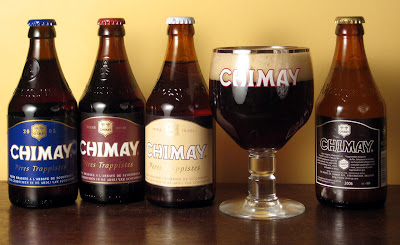"But isn't ripping out costs without scant regard for customers just a way to squander money?" I hear you ask. "No," I reply. Then I continue: "If you go about it with real commitment, pretty soon there won't be any money left to squander. And, with luck, there won't be any customers, either."
So what are the 10 steps to effective cost cutting? Here are mine:
1. Always tell anyone losing their job that their loss is your annual pay rise.
2. Say that capital is precious, which is why it is a capital idea that they lose
their livelihood.
3. Tell the shareholders that customers are an optional extra, and can probably be
dispensed with entirely in the future.
4. Say that someone has to make the tough decisions, such as whether to spend the
bonus on a hobby farm or a third Rolls Royce.
5. Announce that your human resources manager has only half a brain, so is obviously
an unusually gifted member of the profession.
6. A company has two buckets, revenue and costs, and there is little further to say
on the matter.
7. I love the smell of retrenchments in the morning.
8. I am conducting this round of cost cutting because we are actualizing our on going
strategy map (OGSM), just as soon as I figure out what an on going strategy map is.
9. Oh, I have just been told we can't afford an on going strategy map (OGSM).
10.Good, that probably means another pay rise.
- By David James.
Peter Kelleher tries his hand at interpreting this blog entry (saving the reader the effort (and the time and the money)
1. Cost cutting is a perilous pastime; it turns very quickly into trimming the employment fat. And, boy, is Sir Brent employment fat! Although, on the other hand, he has never tried unemployment thin, so has not the experience to comment (ahem).
2. Sir Brent makes no bones about his inability to penetrate managerial speak or executive double-speak or entrepreneurial triple-speak. Even English is a second language to him, having been brought up by a tribe of headhunter advertising hacks in the hinterland of the Siberia end of Collins Street, whose language consisted of grunts, moans and pelvic thrusts.
3. Sir Brent feels, that if the reader could make it through to the end of Slithershanks' remarks, he must be executive material and should reward himself immediately with a 2000% pay rise, 1 million further options to buy shares at diddley-squat and a performance bonus based on the number of fresh mortgage holders he can push out onto the bread line, at $500,000 per head.
4. When it comes to standup comedians, Sir Brent and Slithershanks, rather surprisingly, part company. Sir Brent is of the opinion that you can never have enough standup comics; especially if you stand them up before a firing squad, the traitorous, greenie, pinko commo bastards (don't blame me; that's what Sir Brent said).
Items 5 through 10: approved anonymously, all being related to directors' compensation; which, unlike workers' compensation, is worth the injury.
Picture and caption: Kelleher.
Posted by David James
December 4, 2007 8:06 AM
The Age Blog - Slithershanks (http://blogs.theage.com.au/slithershanks/)










